This post is a little winding, so please bear with me and I hope you get the nugget of truth that I was aiming for.
Part five of the 10 Things I Wish I Knew Before I Landed in Australia

Today’s story is one of transition. How is it that I went from a place of being deeply ashamed of my race to a place where it became one of the cornerstones of my identity? The story is not a linear one and a lot of the time it wasn’t very logical. As you read this I hope you see not only a glimmer of yourself in the past but also have a greater understanding of where you are now and perhaps begin to dream up who you could be in the future.
Stage One: Apathetic to Being African
Growing up in
EVERYONE is African

When everyone around you is African you rarely have time to stop and classify yourself as an African because there is nothing you can compare yourself against. There is no Asian against whom you can compare your protruding forehead or eye creases (If you don’t know about the Asian community’s fixation with eye creases, you must study it, it’s absolutely fascinating). Sure there was the occasional pancake-behind Caucasian, and the one Asian every 5 years and of course the Indian community, but I interacted with them on such few occasions that the times I stopped to compare races were few and far between.
The Utopia of Television
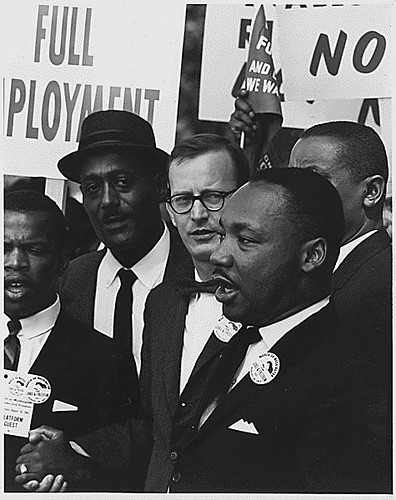
The one place where exposure to other races was frequent was on television. The message on television though was pretty clear; your race doesn’t matter. Martin Luther King fixed all that and we are now, just people: all members of one big bright human race.
So as I headed into the land down under, I was pretty clear on the fact that I was a member of the human race; then of course as with almost everything else in my life, there was a complete 180 degree shift.
Stage Two: Awareness that there are People Who are not Africans
This stage was very very short. I came here and began to see people with pink and pale skin everywhere. It was like I was Charlie in the Chocolate Factory. I wanted to look at them, they were just the most interesting looking things. Unfortunately I didn’t get much of a chance to interact with these strange creature because the first group of people I met when I landed, Kenyan. The second, Kenyan. The third, Kenyan. The fourth, Kenyan. Before I knew it I was basically part of a Kenyan community within a foreign country.
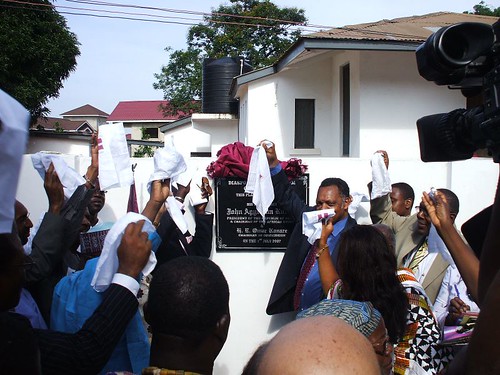
Now this didn’t make sense to me: My fantasies when I was back home was of my swooping in as the great African conqueror who would be adored by all because I had a monopoly on the African thing. I didn’t know there were thousands of us in
Stage three: Shame
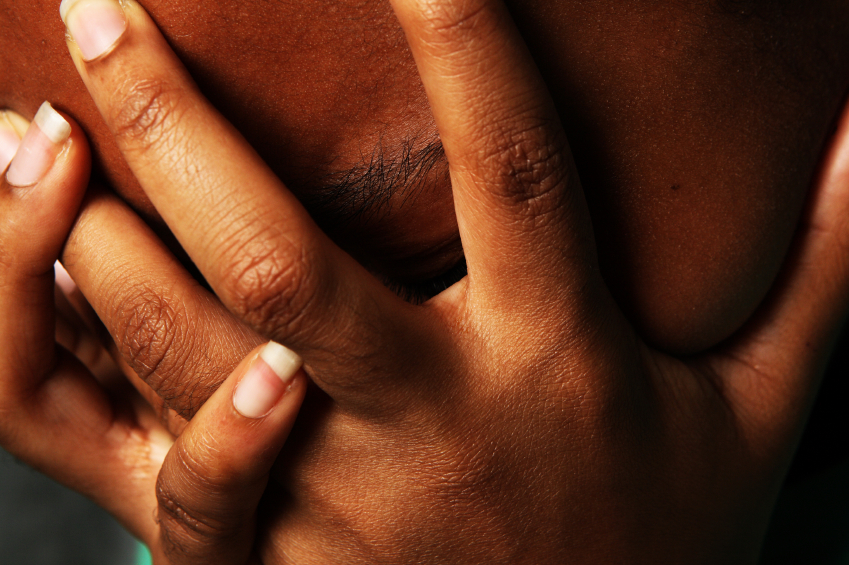
Fast forward six months and there I sit all alone in the middle of a dark room in some boarding school around Christmas time listening to the Neville Brothers (the dude actually sounds like he drinks Helium for breakfast; great singer though). I felt like no one even wanted me. The African conqueror had turned out to be nothing but a piece of trash that nobody wanted. I was alone, lonely, scared and very, very confused.
Out of the muck of this confusion crept in an idea; being dark skinned is a curse. I don’t know exactly how I arrived at this place, but all of a sudden I was deeply ashamed of being a dark skinned African.
I wanted to get rid of the dark skin and was convinced that as soon as I became lighter, my life would be brighter and would make sense and I would all of a sudden be happy. And so I visited the dermatologist.
Stage Four: The Guardian Angel Who Doesn’t Even Know How Much He Matters
I was anxious but excited as I waited to see the dermatologist. Then the nurse called out my name and ushered me to what I knew would be the rest of my bright, beautiful, light skinned life.
I sat down next to this Indian man who shared exactly the same complexion as me. He hardly looked up at me as I anxiously explained my problem:
“I want to get rid of these dark marks on my skin.”
He hurriedly grabbed the back of my hand. Looked at it for half a second and said:
“You were born like that. It’s in your genes. There is nothing I can do.”
He threw back my hand dismissively! I paid $70 the appointment was over. Believe it or not, from that day onwards I took everything he said on board: It’s who I was meant to be. It’s part of my genes and there is nothing I can do. I was never ashamed of being dark skinned again. Go figure.
Stage Five: This African Team Is Filled With Losers
So I was now a permanent, card carrying member of the African team. I began to look around to understand and appreciate my team. After a short time observing and reflecting I came to the conclusion:
“Wow I am in a team filled with losers.”
Now my thinking has evolved a great deal since then and I see more and more beautiful things about our club everyday but back then all I had was the media and my observations.
According to those two, most members of the African team were either poor or ignorant or violent or hungry or cold-hearted and callous and the existence of any positive human characteristics was the exception rather than the rule. So what should I do?
Stage Six: I Begin to Give Birth to the Displaced African
Now I know I am not the only person who has ever come to the above conclusion while living in the Diaspora. Some people upon coming to this fork in the road make the following choice:
“You know what? I am now in the West. I am now in a land flowing with milk and honey. I no longer have to deal with the African nonsense on a day to day basis and I can now create my dream life. Forget them, I’ll do me and I’ll let
I wasn’t wired like that. My reaction instead was:
“A man is only as strong as his weakest link. I feel pretty strong in a lot of other areas but this African part is definitely a weak link. I guess it’s on me to fix it and make it stronger.”
And so that is one of the reasons that the Displaced African came to be: It was my attempt at trying to strengthen what I felt was a weak part of my identity.
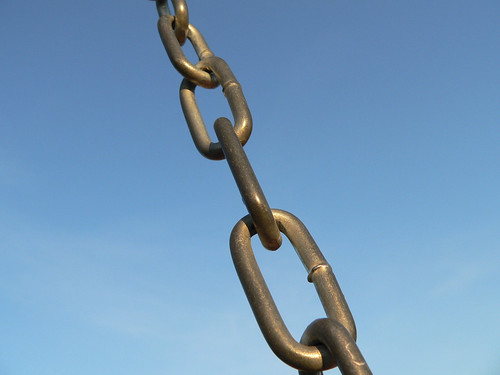
Stage Seven: Appreciation and Love of the African Team
I love it when things come in seven!! This is where I’m at now. At the moment, my eyes are ever peeled for areas where Africans have excelled and areas where
There is no doubt we have a long way to go before we restore the equilibrium in our African community. However, if you get nothing else out of this article, please begin to look for the good in the African community. If for no other reason so that it can help you walk with your head held high as you wander through a diaspora that at times can feel like a wasteland.
Bring it home, Displaced African
So let’s say, you are like me. You show up in a Western country and you go from seeing yourself as just a person. All of a sudden your African race and your African roots matter and affect how people treat you and how you treat others.
Or let’s say that you just simply hate being African, or being a dark skinned person or any aspect of being a descendant of
“If you don’t like a particular aspect of your race or being African, then be a part of the solution, not the problem.”
Sadly, for those of you who want to escape the fact that your African, everywhere you go, your skin acts like a huge advertisement blaring, “Made in

However, what I would propose to you is, the highest form of human life and human expression is service to others. Why not kill two birds with one stone? Why not strengthen the weak part of your identity and live the best way a human can live by being a part of making this whole being-African thing beautiful. Some ways you might be able to do that:
1) Support and solidify African forms of art and expression.
2) Create an African fashion label. Great way to support the African textile industry that is being creamed thanks to Western subsidies
3) Begin to educate yourself and others about the wonderful aspects of African history and being.
4) Create pieces of art (paintings, books, plays etc) that make little African kids feel special and unique and lucky to be a part of the African club.
5) Watch Oprah (don’t ask. It just jumped at me so I wrote it down)

etc etc etc etc. The ways to do this are endless. If you have any ideas, you are free to leave a comment below, or send the Displaced African mail at masmilele@thedisplacedafrican.com. I hope to see you as a part of the solution to this someday.
Be blessed and be a blessing unto others,
Mwangi
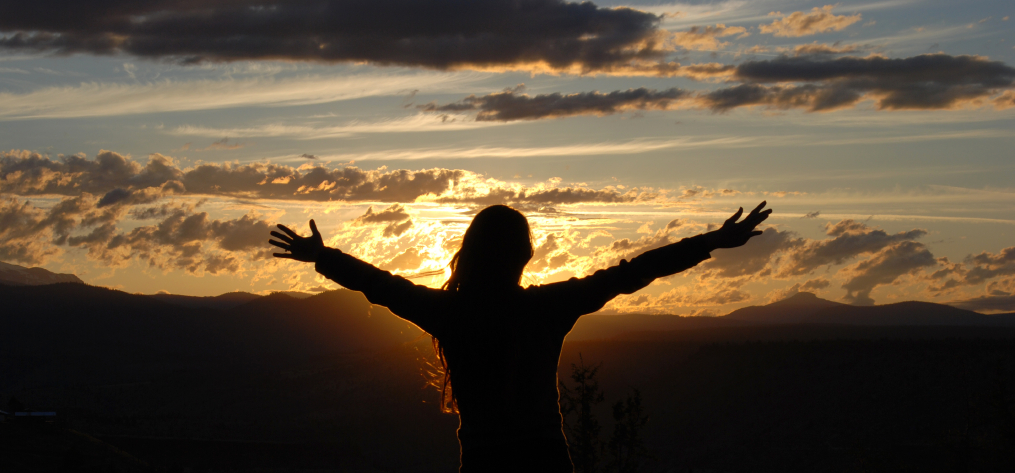
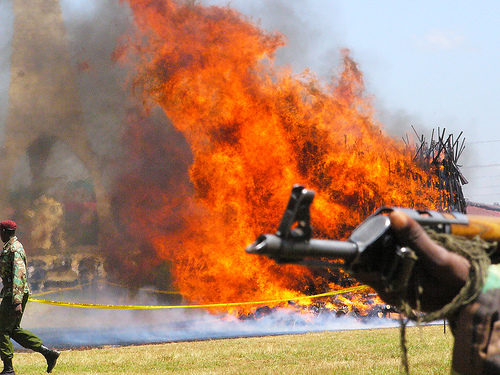
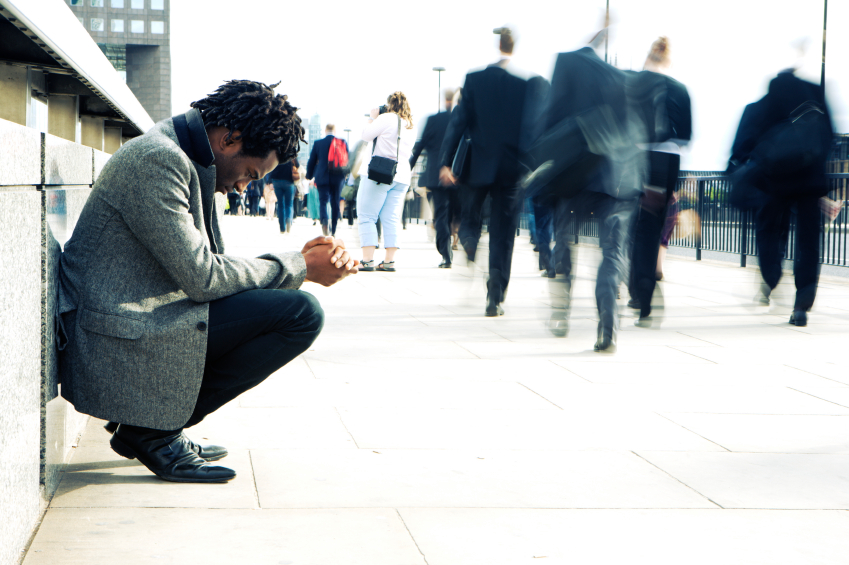
[…] 5) There’s no way I’m putting my shady native name on my resume, it won’t look good. … […]
[…] to care enough for their fellow human being like that, however: That doesn’t do much for my faith in my African people. Can’t we create our own inspirational movies and documentaries and market them to ourselves? […]
[…] for bits and pieces of yourself: they are sprinkled throughout. I was sixteen years old. I was scared, alone, confused AND ANGRY . I had been at this school for six months and had already tried to drop out twice- I eventually […]
[…] Go through a phase where I am ashamed of my race. Visit the dermatologist and he tells me it is in my genes: Accept it and decide to make the best of my race from then on. […]
Now this I have to mull over. Glad to make your acquaintance.
@KK: Glad to meet you too! Hope you enjoy your stay. Look forward to seeing what you have to say about my other posts.
[…] My reason is not as glamarous. Nor popular. Nor poetic. I started blogging about Africa because one day I looked in the mirror and realized that of all the socioeconomic, spiritual, physical, wordly or “insert way of categorizing people here” groups I belonged to, the one which was weakest was the African side. […]
[…] Mwangi of The displaced African, wants to be part of the solution: My reason is not as glamarous. Nor popular. Nor poetic. I started blogging about Africa because one day I looked in the mirror and realized that of all the socioeconomic, spiritual, physical, wordly or “insert way of categorizing people here” groups I belonged to, the one which was weakest was the African side. […]
When I read your post I was like, why would you not like being African? I am just one of those unusual people who loves being African. I know how hard it can be to try and fit in, but like you said instead of looking at the problem be part of the solution. If you love yourself regardless of your race, beliefs e.t.c you can always achieve a lot and you are living proof of that.
@Kerubo: 6 days from today it will be a year since I wrote that article and you know after reading it through, I realize that it isn’t something I think much about anymore. I am no longer that philosophical and deep thinking in my pursuit of life, at present I am quite pragmatic and never stop to think about being ashamed of where I am from and genuinely just focus on what I can do and try and get it done day after day after day.
That just loving yourself for being African, that’s a cool quirk to have, that is.
[…] What It Means To Be a Part of the African Race Not Just the Human One […]
I wish i was african, or should i say born in africa.I’m an african in america, and i’ve wished for years that i could do the opposite of what you wanted when you went to see a dermatologist.I wish i could be darker, My mother is jet black and my father is dark brown like a magic marker the only way o know to describe.I just want to Black like my mother, i’ve always felt like it’s a curse of colonialism and slavery that gives me my brown skin. I love AFRICA and my african brothers and sisters and i just wanna feel apart of something larger than myself and the african american communtiy in general.